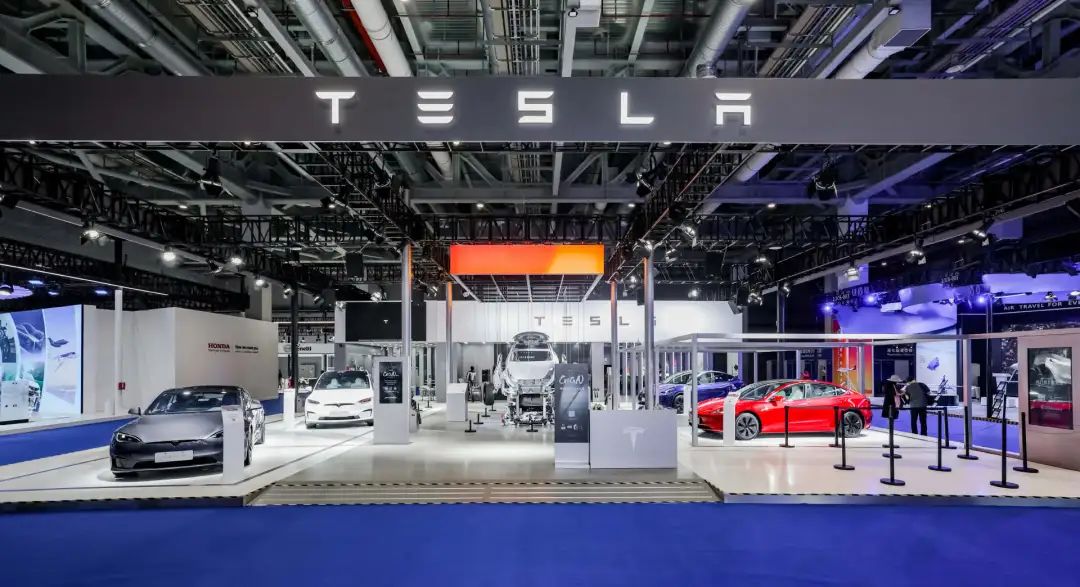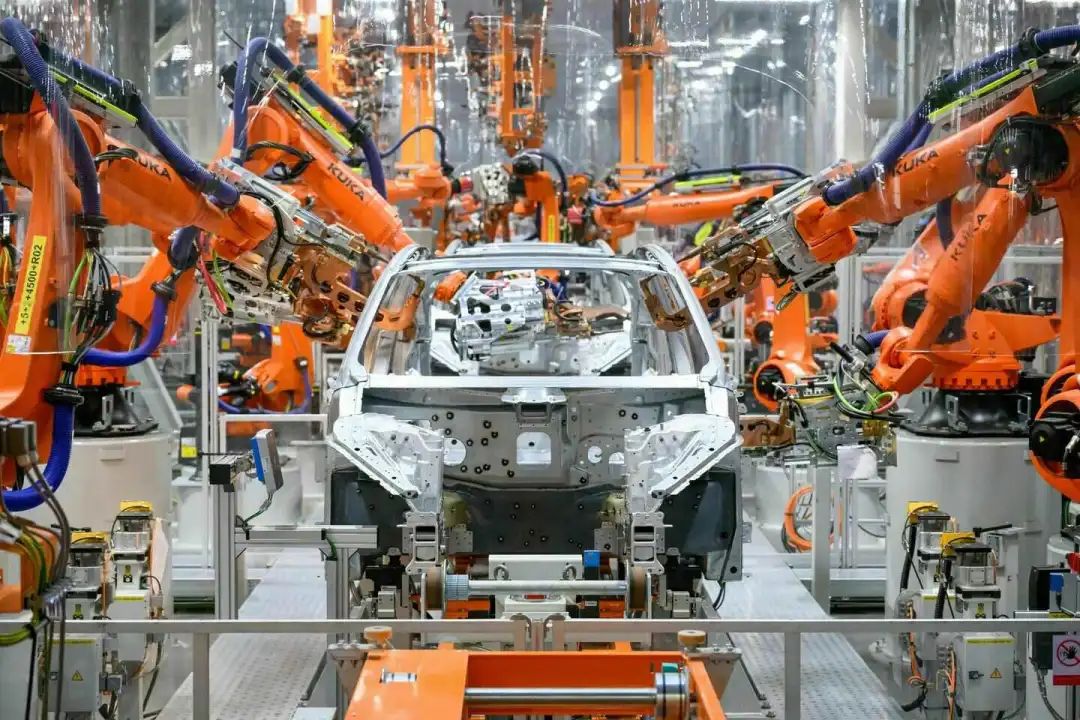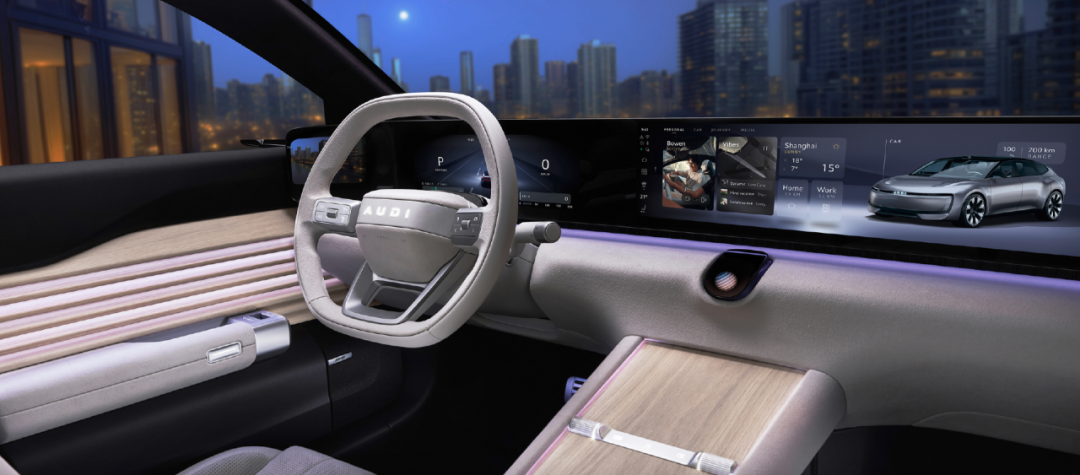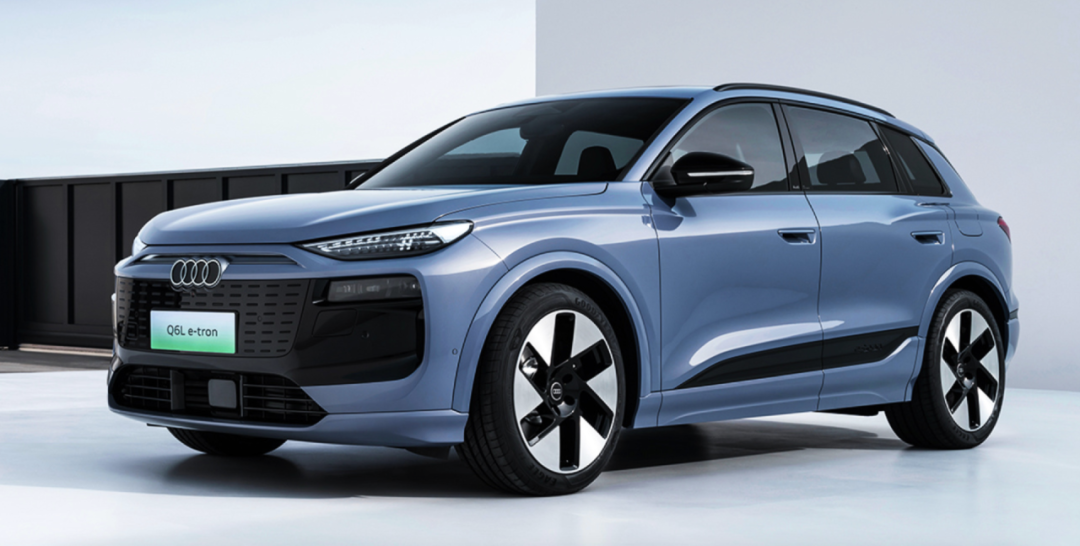From BBA to BBT: The Evolution in the Auto Industry
![]() 01/20 2025
01/20 2025
![]() 604
604

Tesla Overtakes Audi for the First Time
Author | Liu Yajie Editor | Qin Zhangyong As the calendar turns to a new year, the Big Three German Automakers (BBA) have unveiled their 2024 global sales figures, revealing a collective setback. Among them, Audi faced the steepest decline, even being surpassed by Tesla.
In 2024, Audi sold 1.6712 million vehicles worldwide, marking a 11.8% year-on-year decrease. This decline was evident across all major markets, including China.

Specifically, Audi sold 649,000 vehicles in China, a drop of 10.9%. In Germany, sales amounted to over 198,300 vehicles, down 21.3% year-on-year. North America saw sales of 240,700 vehicles, a 13% decrease. In Europe (excluding Germany), deliveries totaled approximately 466,200 vehicles, a 5.9% decline. Overseas and emerging markets witnessed sales of 116,500 vehicles, down 18.2%.
Comparisons highlight stark realities. Despite Tesla's 2024 deliveries of 1.79 million vehicles falling short of analyst expectations and marking its first decline since 2015, the company achieved the milestone of surpassing Audi for the first time.

Even with Audi's extensive product line, Tesla boasts only five pure electric vehicle models, with the Cybertruck electric pickup exclusively available in the U.S. and Canada. Despite the fierce competition in China in 2024, Tesla's annual sales in the country hit a record high of over 657,000 vehicles, up 8.8% year-on-year, outpacing Audi.
The gap with BMW and Mercedes-Benz is also significant. Mercedes-Benz sold 1.98 million vehicles annually, while BMW Group sold 2.45 million vehicles in 2024. Audi attributes its global sales decline to factors such as a challenging economic environment, intense market competition, and component supply constraints.
Furthermore, many European countries have begun to reduce subsidies, weakening demand for electric vehicles and leading to even more disappointing sales. Audi's global deliveries of pure electric vehicles fell 8% to around 164,000 in 2024. Due to weak demand for the electric Q8 e-tron SUV, Audi plans to close a factory in Brussels.

However, in the Chinese market, Audi's two major joint ventures diverged significantly in 2024. According to FAW-Volkswagen, FAW Audi's terminal sales amounted to 611,100 vehicles, a 12.5% year-on-year decrease. In contrast, SAIC Audi's cumulative new vehicle deliveries for 2024 totaled 43,200 vehicles, a 70% increase year-on-year. The A7L was the primary sales driver, with a cumulative sales volume of approximately 31,000 vehicles and a 106% year-on-year increase in deliveries.
With the market share of fuel vehicles saturated, electrification is the only path to significant sales growth. To catch up with new automakers, Audi has already taken decisive action.
Particularly in the Chinese market, Audi has chosen to directly enter the fray by partnering with Chinese automakers.
In May 2024, SAIC Motor and Audi signed a cooperation agreement, officially launching the joint development of the Advanced Digitized Platform (ADP). The two parties will collaborate on multiple luxury smart electric vehicles for SAIC Audi.

Six months later, SAIC Audi unveiled its new luxury brand AUDI, accompanied by the AUDI E concept car. Based on SAIC's electronic and electrical architecture and using the same Momenta intelligent driving solution as SAIC's IM Motors, this rapid product development surpassed even NIO, XPeng, and Li Auto.
The concept car features a large dual-screen and an innovative steering wheel design. It will also be equipped with the AUDI OS infotainment system, AI large models, and a smart application ecosystem. The new car will incorporate a lidar on its roof to support NOA functions in urban and highway environments in the future.

The ADP intelligent digital platform, tailored for the Chinese market, enables the AUDI E concept car to accelerate from 0 to 100 km/h in just 3.6 seconds. The platform also supports 800V ultra-fast charging, providing an additional 370 kilometers of driving range with a quick 10-minute charge.
The new brand's abandonment of the classic four-ring logo underscores Audi's commitment to eschewing traditional "oil-to-electricity" conversions. Positioned in the B-segment market, AUDI E will be produced in Anting, Shanghai, after upgrading an existing SAIC Volkswagen production base. It is set to be unveiled and delivered as a mass-produced vehicle this year.
Another model, the SAIC Audi A5L Sportback, is scheduled for launch in early 2025. Built on the new PPC (Premium Platform Combustion) platform with localized modifications, it will support the rollout of new products. In 2024, SAIC Audi intensified its channel construction, with the dealer network now exceeding 220 outlets, marking a 50% increase throughout the year.
FAW Audi is also determined not to be left behind. This year, it will launch five models, including the A5L, Q5L, A6L e-tron, and Q6L e-tron family, and join Huawei's fast track, a current industry trend.

Although the FAW Audi A5L is a fuel vehicle, it will be equipped with Huawei's intelligent driving system. Developed on the new E3 1.2 electronic architecture with an extended wheelbase of 2965mm, it features an entertainment screen for the front passenger and the latest EA888Evo engine, enhancing compatibility with Huawei's intelligent driving system.
The FAW Audi Q6L Sportback e-tron is equipped with a dual-lidar + visual fusion perception solution, enabling mapless L2++ level intelligent driving assistance. Based on the sensors on the actual vehicle, it is likely to utilize Huawei's ADS 2.0 solution, the same intelligent driving system widely adopted in models like AITO and AVATR.

Built on the PPE platform, the Q6L e-tron features a chassis design with the control arm placed in front of the suspension arm and the steering rack shaft fixed to the subframe, enhancing agility for novice drivers. It will also undergo comprehensive upgrades in 800V technology and intelligence.
Looking at Audi's new product strategy for 2025, it adopts a dual approach of "simultaneous intelligence for both fuel and electric vehicles." In addition to the above models, Audi plans to launch the all-new Audi Q3 and A7. Furthermore, multiple Audi models will be equipped with plug-in hybrid powertrains.
With a plethora of new products expected this year, Audi remains optimistic about sales, viewing 2024 as a transitional phase towards a new product portfolio.
However, new market entrants are also diligently working to launch new products and capture market share. It remains to be seen how effective Audi's electric vehicle strategy will be and whether it can ultimately turn the tide.








